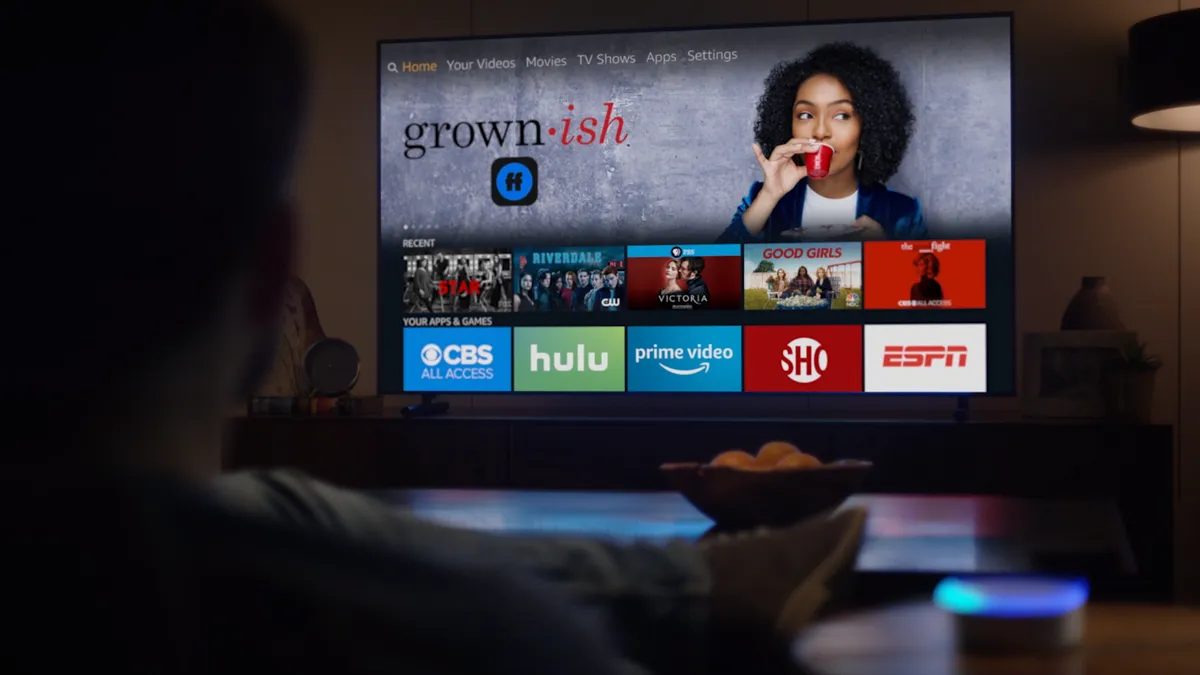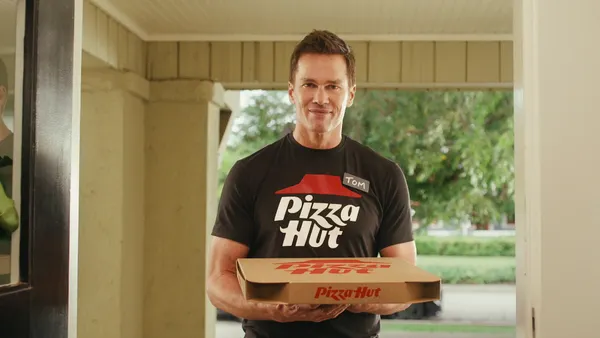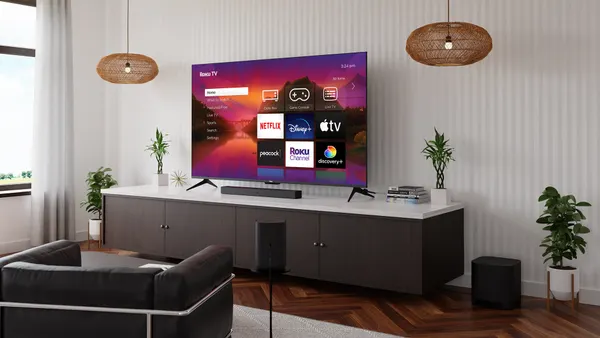The following is a guest post from Ricky Ray Butler, CEO of Branded Entertainment Network. Opinions are the author's own.
The imminent streaming platform launches from Disney, WarnerMedia, Apple and NBCUniversal coupled with murmurs of ad-supported content have many experts speculating that the future looks a lot like the past. Some industry trend watchers see evidence that we're headed back toward the traditional cable bundle model. However, I believe that as the new era of streaming becomes mainstream, the way content is consumed, created and priced will fundamentally shift in the opposite direction.
Content consumption and creation
With consumer attention divided across screens and content channels, there's waning attachment toward specific types of content. For instance, you may love "Parks and Recreation" and feel upset that it's leaving Netflix. But are you so upset that you would pay a separate monthly fee for another streaming service to keep watching it? For some, the answer may be "yes." But for most, the answer is likely "no." Amazon, Netflix, and Hulu are all rushing to create their own versions of feel good sitcoms, dramas, true crime thrillers and more — all in an effort to enhance subscriber loyalty. It's working. It's also a huge deterrent in signing up for new services.
Right now, it seems like streaming platforms have disrupted the cable industry and decentralized video content distribution at large. In truth, it's just the beginning. Tinder's recent foray into streaming seemed out of the blue, but history will show the move as more of a sign of things to come. Quite frankly, there isn't room in the market for everyone to be an "everything you need" platform, and to do it well.
The reality is that Netflix, Hulu, Apple TV+, HBO Max and emerging streaming competitors are fighting tooth and nail for viewer attention. They're all working to capture new audiences and fund innovations that predict every genre of content consumers might watch. However, what they lack is expertise within a specific category. That weakness will catalyze the next wave of decentralization, where we'll see more niche platforms popping up that specialize in horror, comedy, drama, kids programming and other categories — not fewer. Ultimately, these niche platforms will chip away at larger content buffet formats that are saturating today's market.
Subscribing to a hyper-personalized, decentralized future
The bundles that experts see as becoming a reality will only be effective when the price of buying subscriptions a la carte becomes unwieldy. There are two factors that trend watchers are glossing over in their calculations:
-
Most consumers likely won't subscribe to every platform.
-
There is an undercurrent of account sharing and short-term subscriptions today that lets consumers cut down their "total cost" of subscriptions.
While people may be watching programs on multiple streaming services, many are not paying the full cost for all of them.
In a future defined by niche content platforms, there isn't going to be a "one size fits all" approach for bundling services. There's simply too much variation in what types of niche content consumers want. In place of bundles, we'll see a rise in technology-driven third parties that leverage artificial intelligence and algorithms to recommend the best set of niche channels for people to subscribe to, and what types of content they should watch next.
The trajectory of streaming is uncertain, and we're only beginning to see the changes occurring in the industry. The next era of video content will bring short- and long-form content together. At the same time, it will cause even more decentralization within content creation and consumption that drives the industry away from cable bundle-like models.
A bit further into the future is where things will really get interesting. Once the SEC formalizes the backend processes for blockchain technology, the need for production studios will become obsolete altogether. If Christopher Nolan one day decides he wants to create a film or series, he can use blockchain to fund the production, and in return, each investor will own a portion of the rights to the film. At that point, distribution of content will no longer be hinged on a specific platform like Netflix or Hulu.
But I'm getting ahead of myself.










